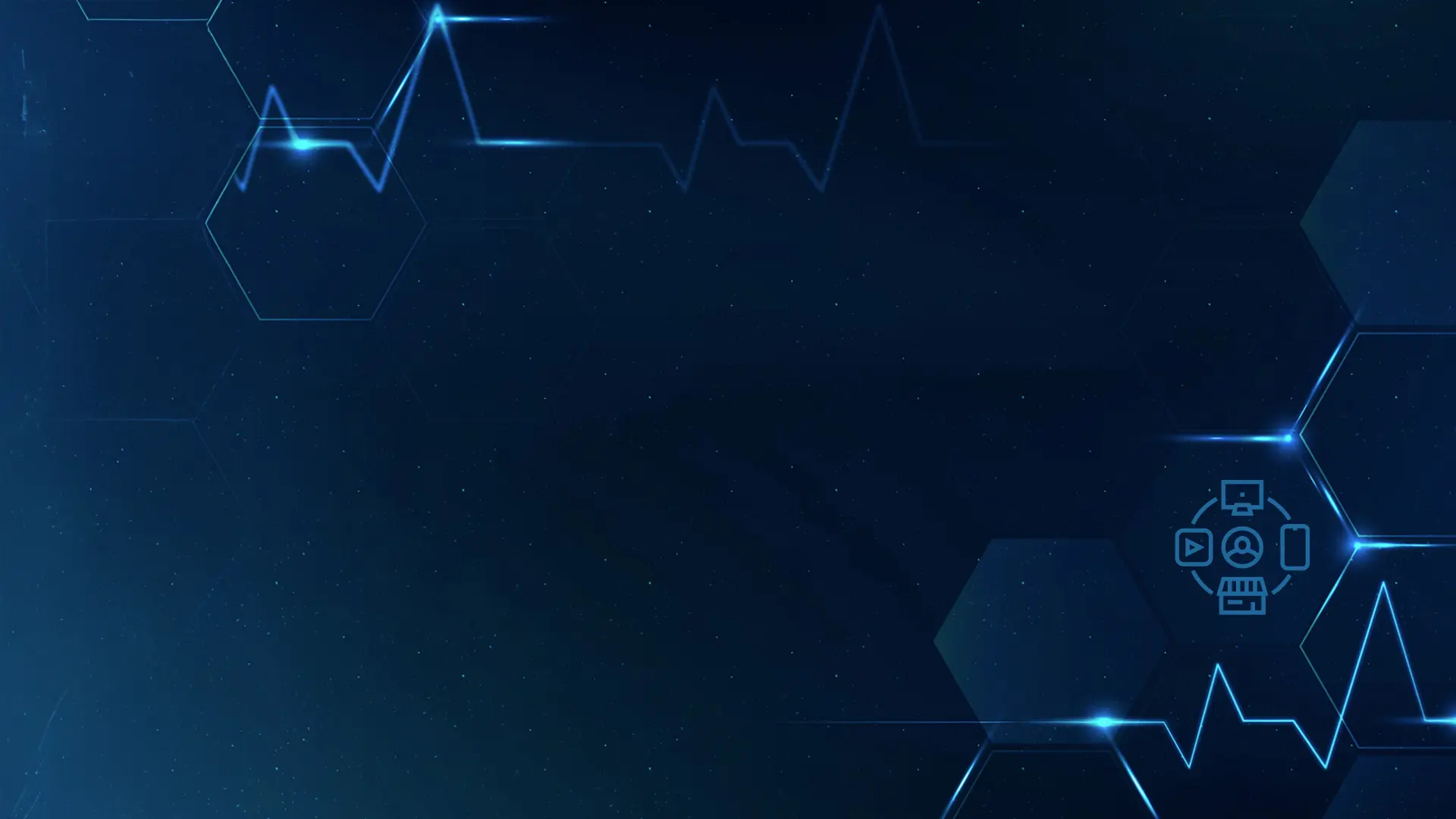
🎯 What It Means for Marketers: Why Omnichannel Drives ROI
Creating a seamless omnichannel experience in 2025 means meeting customers wherever they are — with consistent messaging, personalization, and smooth transitions across channels. This approach is no longer just “nice to have” — it’s a direct driver of revenue, loyalty, and brand equity.
- Increase retention: Customers are 3x more likely to stay loyal to brands offering consistent cross-channel experiences
- Boost conversions: Streamlined journeys reduce friction and purchase hesitation
- Strengthen brand perception: Every touchpoint reinforces trust and brand values
Bottom line
Omnichannel isn’t about being everywhere — it’s about being consistently relevant everywhere that matters to your audience.
📌 Defining the Modern Omnichannel Journey
Omnichannel marketing in 2025 goes beyond simply having a presence on multiple platforms. It’s about creating integrated, data-driven experiences that allow customers to move effortlessly between channels. Whether they start on Instagram, browse on mobile, and complete a purchase in-store, or vice versa.
Example:
- A customer adds a product to their cart via your app.
- They receive a reminder email with a personalized discount.
- When they visit your store, staff are alerted to their interest and can provide direct assistance.
🧭 Mapping Your Customer Experience Across Channels
Effective omnichannel strategies begin with journey mapping. This identifies key touchpoints, emotional triggers, and friction points along the way.
Steps to map your journey:
- Identify your priority customer segments
- List all touchpoints (digital + physical)
- Align messages and offers to each step
- Integrate feedback loops to refine the journey
✅ Omnichannel Strategy Checklist – 2025 Edition
Use this list as a quick audit to ensure your strategy covers everything needed for a truly seamless customer journey:
- Do you have a complete map of all customer journeys and touchpoints?
- Are your messages and offers consistent across all channels?
- Is all customer data unified in a single customer view?
- Are marketing, sales, and customer service aligned around the same data and goals?
- Do you have automated flows covering the entire journey, not just isolated steps?
- Are you measuring end-to-end journey performance, not just channel metrics?
- Is your data handling compliant with GDPR and privacy regulations?
⚡ Leveraging Technology for a Unified Experience
To deliver proper omnichannel consistency, marketing teams require CX platforms that integrate CRM, analytics, automation, and personalization in real-time.
Key capabilities to look for:
- Single customer view (SCV): All data in one profile
- Cross-channel automation: Email, SMS, push, in-store screens
- AI-driven personalization: Predictive content and offer delivery
🔄 Breaking Down Silos Between Teams and Channels
A seamless journey is not just a tech challenge — it’s an organizational shift.
- Marketing, sales, and customer service must work from the same playbook
- Data sharing needs to be frictionless but GDPR-compliant
- KPIs should measure total journey success, not just channel performance
🚀 Omnichannel Do’s & Don’ts
Do:
- Personalize: Tailor content and offers to individual behaviors and preferences
- Optimize for mobile: Ensure a frictionless mobile experience
- Integrate feedback loops: Use customer feedback to improve continuously
- Test & learn: A/B test new ideas before rolling them out at scale
Don’t:
- Work in silos: Avoid different teams using separate data and KPIs
- Overcomplicate: Keep flows consistent and straightforward
- Ignore physical touchpoints: Omnichannel includes in-store, events, and offline experiences
- Push irrelevant messages: Irrelevant content leads to opt-outs and lost loyalty
📈 Measuring Omnichannel Success
Marketers must go beyond click-through rates and look at end-to-end metrics:
- Customer lifetime value (CLV)
- Repeat purchase rate
- Time to conversion
- Net promoter score (NPS)
🧠 Final Takeaway for 2025
Brands that master omnichannel in 2025 will turn every interaction into a trust-building moment. By aligning technology, teams, and data, marketers can create journeys that not only convert but keep customers coming back.
🔗 Learn more: Omnichannel Journeys in 2025
- What is Omnichannel? 15 Top Omnichannel Experience Examples (HubSpot)
Clear overview of omnichannel with practical examples and steps to get started. - What is omnichannel? A CX guide for 2025 (Zendesk)
Up-to-date guide (July 2025) covering definitions, benefits, KPIs, and implementation. - What is Omni-Channel Customer Service? (Salesforce Learning Centre)
A useful primer on the differences between multichannel and unified journeys, as well as the building blocks of a unified experience.
🗂️ Article series: Omnichannel & Customer Experience for Marketers
- Building Seamless Omnichannel Journeys in 2025
- Choose the Right CX Platform for Unified Experiences
- Align Martech and Customer Needs with Personalization at Scale
- Integrate Social Commerce into Your Martech Stack
- Boost Customer Loyalty in the AI Era: Best Tools and Tactics for 2025

